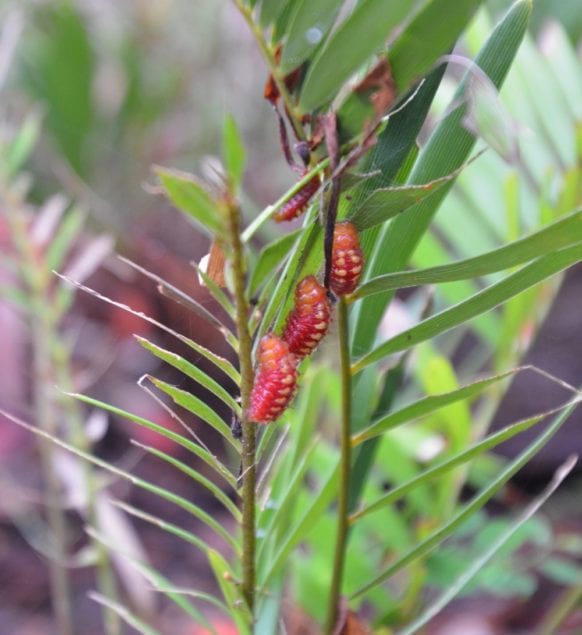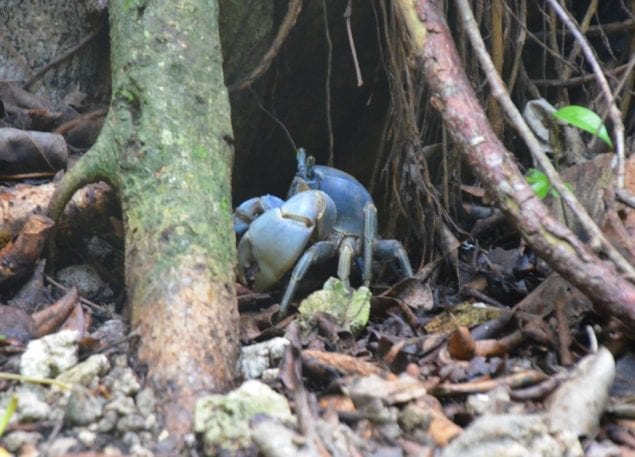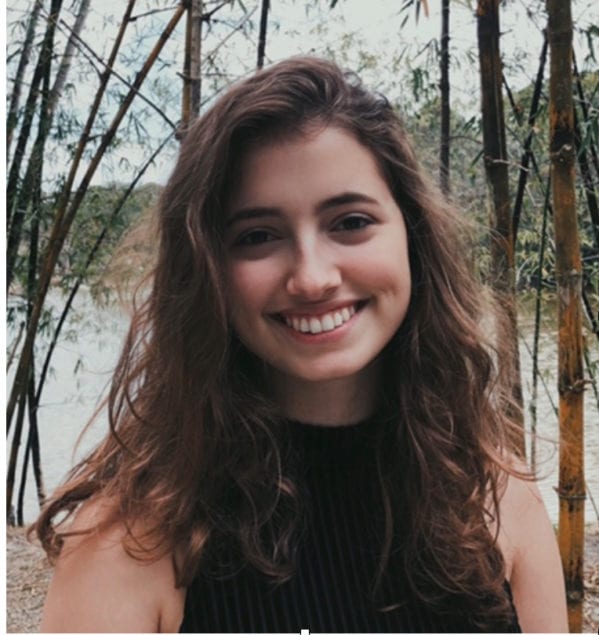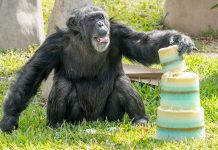Nature photography is no longer confined to the pages of National Geographic or captured by the likes of Ansel Adams. Yhe advent of social networking brings a new way for each of us to capture the world around us.
Launched in 2008, iNaturalist is an online social network that allows users to record their observations of flora and fauna, ask for help identifying those images, and view the observations of other iNaturalist users.
In the early stages of the application, users only depended on identifying species through individual user identification, which could take anywhere from hours to weeks for a plant or animal to be identified. Recent technological improvements in the network have resulted in a crowdsourced automated species identification computer vision tool. Through this process, an artificial intelligence model can almost instantaneously detect the most probable species of the plant or animal in an image because it has memorized the large database of other iNaturalist observations that are similar. The observations made on the social network then can be accessed by scientists and regular users, and be used to contribute to biodiversity research or to simply learn more about the species in your region.
With more than 500,000 user-generated observations in Florida, iNaturalist has a large presence in our home state, largely due to South Florida’s abundance of distinctive flora and fauna. Despite the overwhelming abundance of unique species, the average resident is unlikely to know what the majority of these species are. This is where iNaturalist’s purpose comes into play. As stated
on the website (inaturalist.org), the social network’s goals are to (1) connect people to nature and (2) create scientifically valuable biodiversity data.
Deering Estate Conservation Specialist Vanessa Trujillo is a frequent user of iNaturalist and is passionate about the social network’s purpose. When asked about what iNaturalist achieves and why she believes it’s important, she explained,
“[It gets] people and kids outside. Enjoying nature is so important because, if they don’t experience it, how can they appreciate and want to protect it? Think of it like Pokemon Go but for real plants and real animals.”
iNaturalist takes the similarity to Pokemon Go even farther with its related app Seek. Seek is specifically designed for children and families, and involves games, such as providing a list of nearby organisms to find and identify, and collecting badges as a result. To play the game, children are not expected to only stay confined to the limits of their backyard, but are encouraged to venture out and explore locations filled with a variety of organisms to identify, such as at the Deering Estate.
Every weekend during the month of July, admission will only cost $1 in honor of National Park & Recreation Month. The theme of the celebration this year is Game On! — a theme highlighting the importance of getting active and exploring our parks. During this time, both children and adults are encouraged to visit the Deering Estate and to use the Seek app to become more familiar with the park’s diverse flora and fauna. By including playful features like these, iNaturalist creates a fun and engaging way for both kids and adults to obtain valuable real-life knowledge about their local ecosystem.
Grace McGregor is a rising sophomore at the College of William & Mary where she plans on studying marketing and psychology. She currently is a marketing intern at the Deering Estate in Palmetto Bay.









